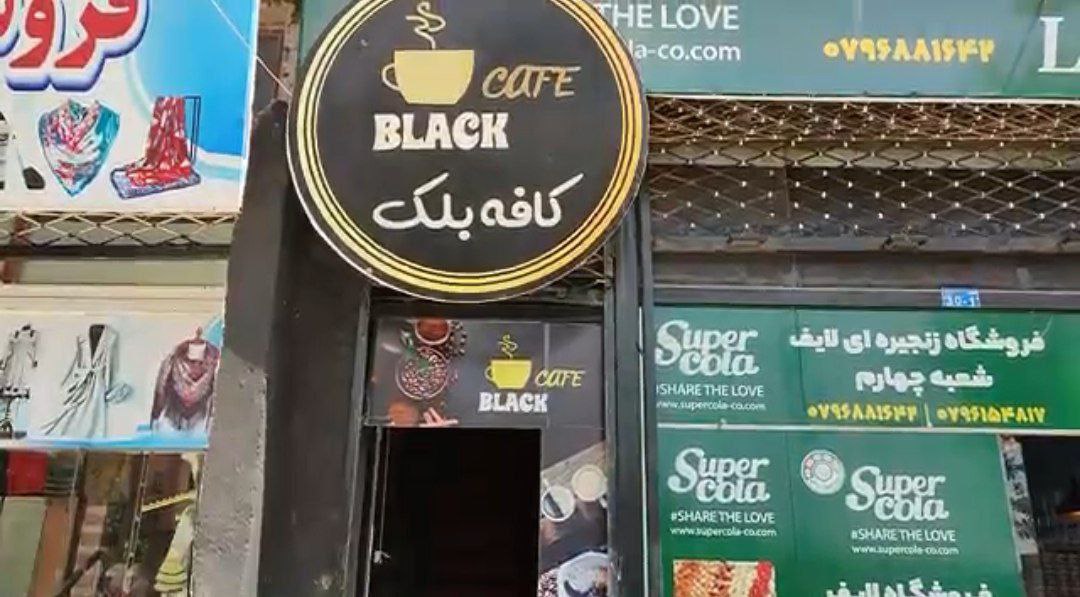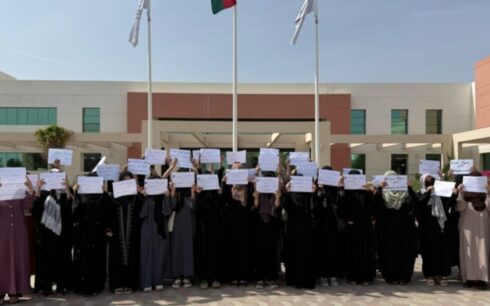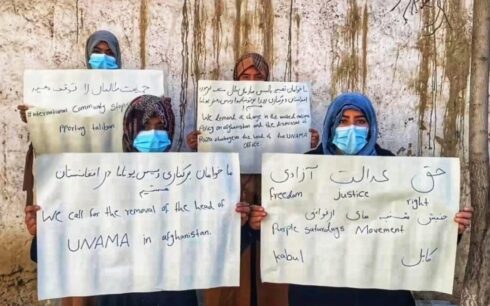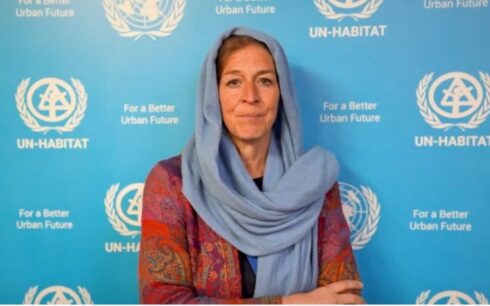The Taliban have started shutting down women-only cafes in Herat Province in western Afghanistan, further eroding the few remaining spaces where women can gather freely under their restrictive rule.
In the past week, at least three such cafes have been forced to close, with the Taliban’s morality police warning the owners of two others to cease operations permanently, according to sources familiar with the situation.
On Friday, another women-only café in Herat was ordered to shut down.
The cafés, caféh emerged as a refuge for women after the Taliban regained power in 2021, provided a rare opportunity for Afghan women to socialize, network, and contribute to the economy. Many of the women running these businesses are former professionals or students who lost access to education and employment under Taliban decrees.
“These cafes were not just places to gather but a source of livelihood for many women,” said one café owner, who spoke on the condition of anonymity.
The owner described how armed members of the Taliban’s Ministry for the Promotion of Virtue and Prevention of Vice entered her establishment and demanded its immediate closure. “They came in uniform, carrying weapons, and ordered us to shut down without offering any formal documentation,” she said. “When we refused and requested written orders, they said they would return with official papers by Wednesday.”
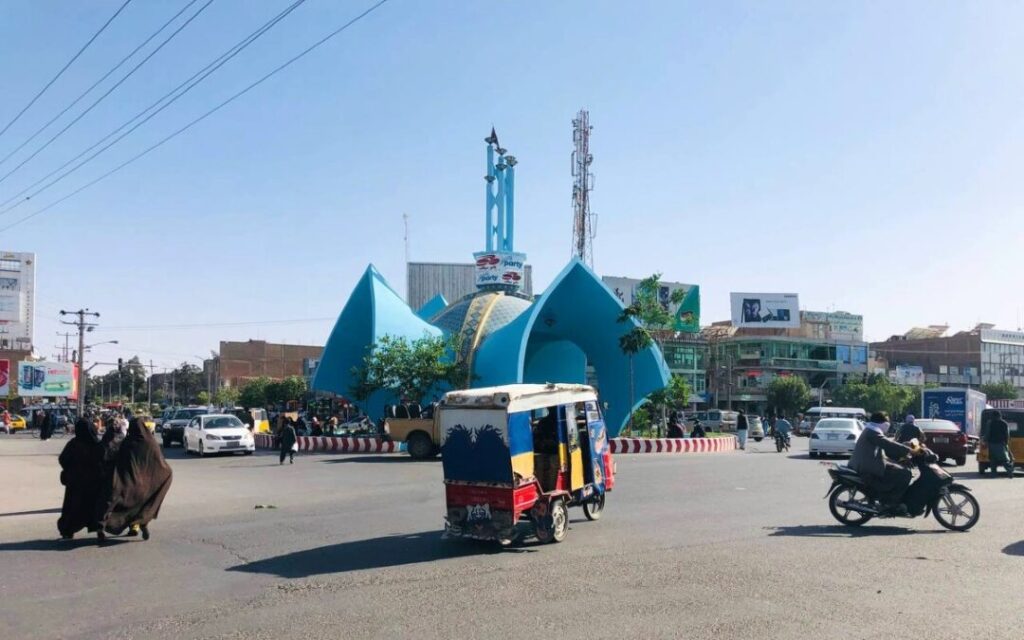
Loss of livelihood and independence
For many women, these cafes represented a chance to regain financial independence in an environment where opportunities for women have been systematically dismantled.
“This money is my family’s entire investment,” said another female entrepreneur. “If the cafe is closed, I will lose everything and face financial ruin. The Taliban already took away my education—I was a medical student before they shut down universities. Starting this cafe was my way of rebuilding. Now they want to take that away too.”
The closures have left business owners calling for international intervention. “We women have worked hard to stand on our own feet with these initiatives,” one cafe owner said. “But these new restrictions are pushing us back into silence and despair.”
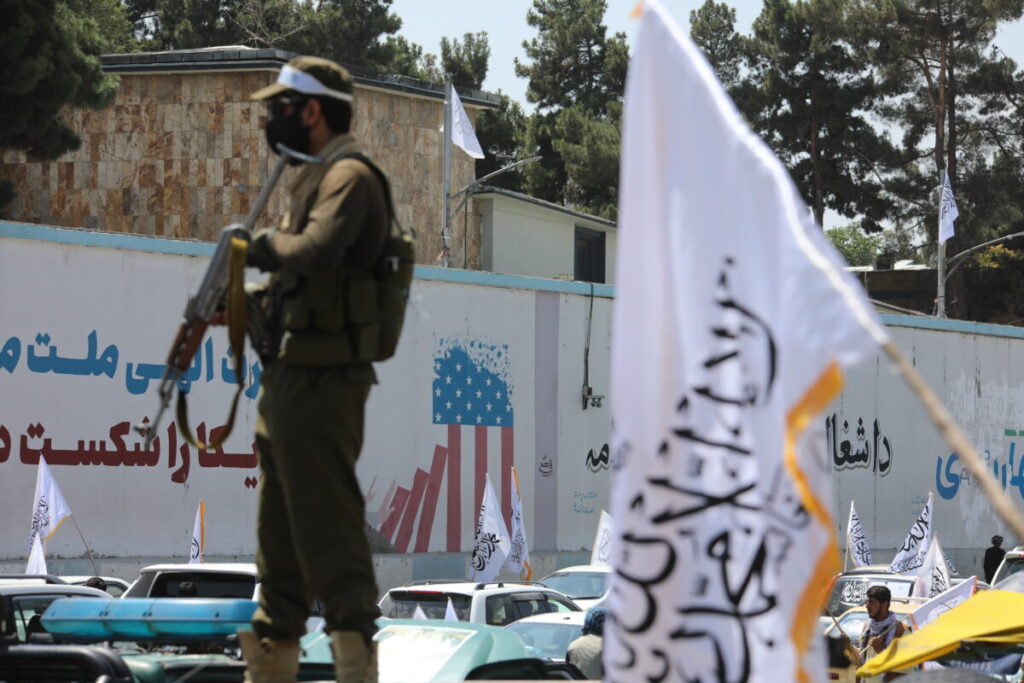
Increasing marginalization of women
Women’s rights activists argue that the closures are part of a broader campaign by the Taliban to erase women from public life. The group has issued over 100 decrees restricting women’s freedoms, barring them from schools, most workplaces, and public spaces.
Herat’s cafes had become a rare exception to the oppressive environment, offering women a semblance of normalcy. The closures have drawn sharp criticism from human rights groups and the international community, including condemnation from Islamic scholars.
Mohammad Khalid Hanafi, the Taliban’s minister for the promotion of virtue and prevention of vice, has been identified by international watchdogs as a leading enforcer of the group’s draconian laws. Under his leadership, the ministry has imposed sweeping restrictions on women, including bans on education and employment, further isolating Afghan women from society.
The international community has called on the Taliban to reverse these policies, but the group has shown no signs of easing their hardline stance. For many Afghan women, the closure of these cafes is yet another devastating blow to their freedom and independence.

